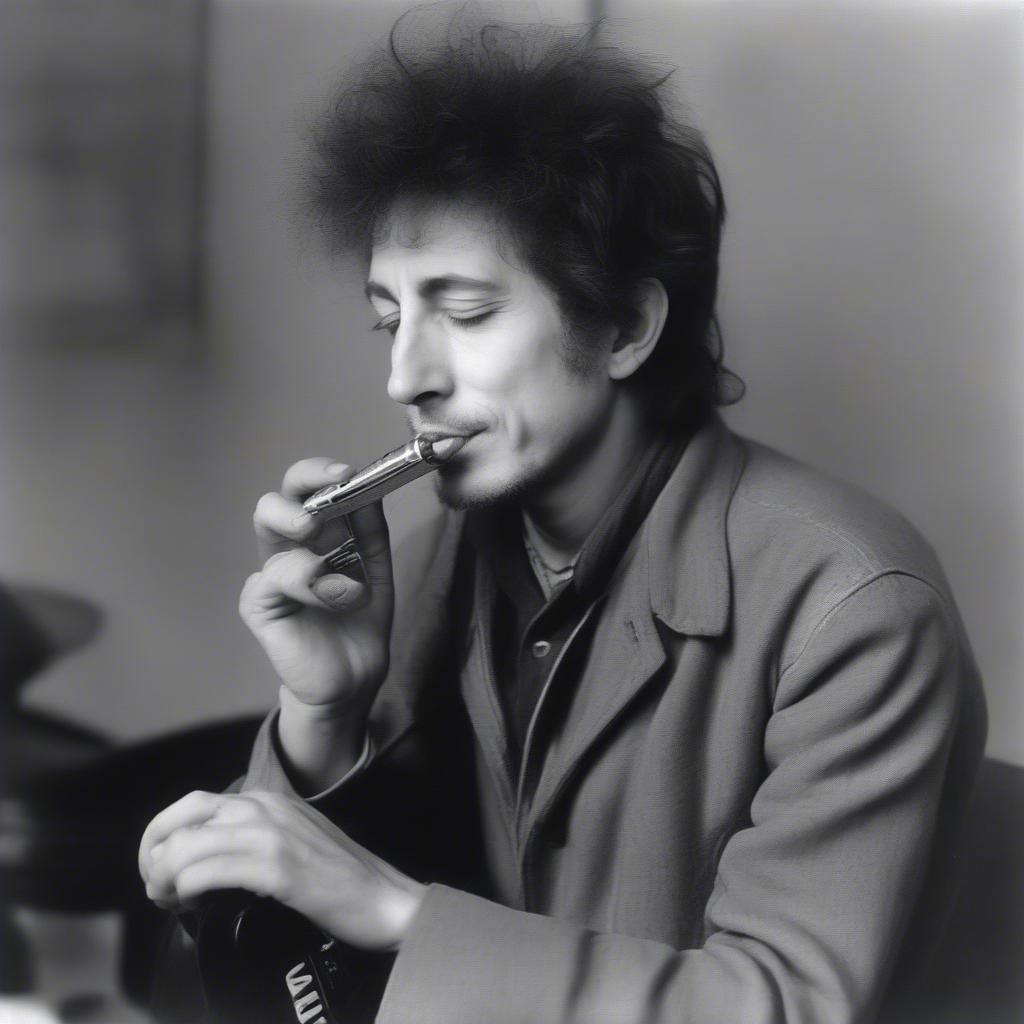Defining the Top Five Songs Of All Time is a subjective endeavor, a journey through diverse musical landscapes and personal preferences. Yet, certain tracks resonate across generations, cultures, and individual tastes, earning a place in the pantheon of musical greatness. This exploration delves into some of the most iconic songs ever recorded, considering their cultural impact, artistic merit, and enduring popularity.
What Makes a Song One of the “Top Five of All Time”?
 The Cultural Impact of Music
The Cultural Impact of Music
Before unveiling our contenders, let’s consider what elevates a song to such esteemed heights. It’s more than just commercial success. It’s about a song’s ability to evoke deep emotions, tell a compelling story, and capture the spirit of a particular time or movement. A truly great song transcends its initial release, becoming a timeless anthem that continues to inspire and move listeners for decades to come. It’s a blend of masterful composition, powerful vocals, and a touch of magic that defies easy explanation.
One key aspect is undoubtedly cultural impact. Has the song influenced other artists or genres? Has it become associated with a significant social or political movement? These are just some of the questions we’ll explore as we analyze these musical masterpieces.
Exploring the Contenders: From Classic Rock to Soulful Ballads
![]() Bohemian Rhapsody: An Iconic Rock Opera
Bohemian Rhapsody: An Iconic Rock Opera
Pinpointing just five tracks feels almost sacrilegious, yet certain songs persistently surface in “greatest of all time” discussions. Queen’s “Bohemian Rhapsody,” for instance, is a rock opera in miniature, pushing the boundaries of the genre with its intricate harmonies, dramatic shifts in tempo, and operatic elements. It’s a testament to Freddie Mercury’s genius and Queen’s innovative spirit, a song that continues to captivate audiences worldwide. Fans of One Direction might find echoes of this vocal complexity in their own favorite tracks, although in a distinctly pop-infused style. You can check out our one direction songs top 10 list for comparison.
Another strong contender is Aretha Franklin’s “Respect.” This soulful anthem became a powerful symbol of the Civil Rights Movement and the women’s liberation movement, embodying the fight for equality and dignity. Franklin’s powerhouse vocals and the song’s infectious groove make it an undeniable classic.
The Power of Storytelling: Music as a Narrative Force
 Like a Rolling Stone: Bob Dylan's Storytelling Genius
Like a Rolling Stone: Bob Dylan's Storytelling Genius
Bob Dylan’s “Like a Rolling Stone” revolutionized popular music with its length, lyrical depth, and unconventional structure. This six-minute epic tells a story of societal upheaval and personal transformation, capturing the zeitgeist of the 1960s. Dylan’s poetic lyrics and distinctive vocal delivery cemented his status as a musical icon, inspiring countless artists who followed in his footsteps.
Then there’s the timeless beauty of “Imagine” by John Lennon. This pacifist anthem speaks to the universal desire for peace and unity, its simple yet profound message resonating with generations. Lennon’s heartfelt vocals and the song’s ethereal melody create a sense of hope and possibility, making it a truly enduring piece of music. You can explore more of Lennon’s work by checking out our list of top songs frank sinatra.
The Enduring Appeal of Musical Innovation: Pushing Boundaries and Defining Genres
Nirvana’s “Smells Like Teen Spirit” ushered in the grunge era, capturing the angst and disillusionment of a generation. Kurt Cobain’s raw vocals, the song’s distorted guitars, and its iconic music video made it a defining anthem of the 1990s.
Dr. Emily Carter, a renowned music historian, notes, “The true power of a song lies in its ability to connect with listeners on an emotional level, transcending cultural barriers and resonating across generations.”
These are just a few examples of songs that could be considered among the top five of all time. Ultimately, the “best” songs are subjective and depend on individual preferences.
Why These Songs Stand the Test of Time
These selections represent a fraction of the musical masterpieces vying for a spot in the “top five.” Their lasting impact lies in their ability to evoke profound emotion, spark cultural conversations, and push artistic boundaries. What unites these seemingly disparate tracks is their enduring power to connect with listeners on a deep, visceral level.
Professor Michael Davis, a musicologist specializing in popular culture, observes, “These songs aren’t just catchy tunes; they are cultural artifacts that reflect the social, political, and artistic landscapes of their time.” He adds, “They continue to resonate because they tap into universal human experiences – love, loss, hope, and rebellion.”
You might also enjoy exploring the works of other influential artists like Hozier. Check out our hozier top 5 songs for a deeper dive into his musical landscape. Or perhaps you’re interested in the evolution of rap music? Our top rap songs in the 80s list offers a glimpse into that era’s defining sounds. For fans of Adam Levine, we also have a curated list of his top tracks: adam levine top 5 songs.
Conclusion: The Timeless Power of Music
The debate over the top five songs of all time will undoubtedly continue, sparking passionate discussions and reaffirming the profound impact music has on our lives. These songs, and countless others, remind us of the power of music to inspire, to console, and to connect us all. While choosing a definitive top five remains a personal journey, exploring the vast landscape of musical brilliance is a rewarding experience in itself.
FAQ
- What criteria were used to select these songs?
- Are there other songs that could be considered for the top five?
- How has technology influenced the way we consume music?
- What is the role of music in shaping cultural identity?
- How do these songs continue to resonate with younger generations?
- What are some of the challenges in defining “good” music?
- How does personal experience influence our musical preferences?
Need assistance? Contact us 24/7 at contact@truykich2.net or visit us at Constellation Blvd, Suite 100, Los Angeles, CA 90067, USA.
